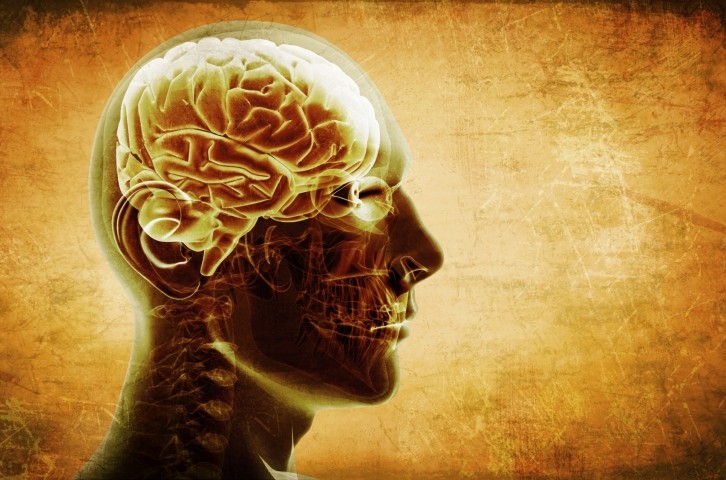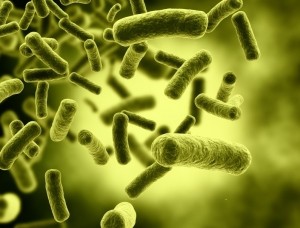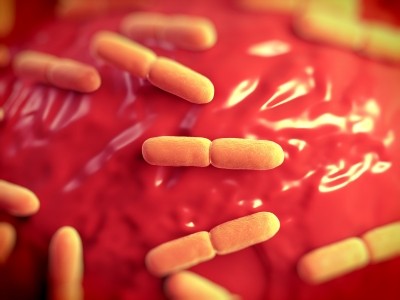Psychobiotics: Modulation of gut microbiota may ‘hold the key to’ neuropsychological disorders

The majority of the science for probiotics has focused on gut health, but as the understanding of the gut and the microbiome increases, probiotics are increasing linked to a range of beneficial effects, from weight management to immune support and allergy response, and from oral health to cholesterol reduction.
At the “forefront of current research” is work on the gut-brain axis – the two direction communication between the gut microbiota and the brain. Data from rodent studies has indicated that modification of the gut microbiota can alter signaling mechanisms, emotional behavior, and instinctive reflexes.
Communication
According to a new review in Neuropsychiatric Disease and Treatment by Linghong Zhou and Jane Foster from McMaster University in Canada, communication channels between the gut and the brain include sympathetic and parasympathetic nerves and the enteric nervous system (ENS).
“The role of the sympathetic nervous system in the gut–brain axis includes regulating motility, blood flow, barrier function, and immune system activation,” they said. “Bidirectional communication via the vagus nerve, a component of the parasympathetic nervous system, is a well-established pathway for gut–brain signaling and, in recent years, has emerged as an important microbiota to brain communication pathway.
“The ENS, sometimes referred to as “the second brain” comprises intrinsic primary afferent neurons, motor neurons, and glial cells contained within the myenteric plexus and the submucosal plexus that extends along the entire length of the gut. The ENS plays an essential role in normal intestinal function including motility and secretion.”
Gut-brain axis
The bacteria present in the gut affects the communication between belly and brain, they said, and the lack of healthy gut microbiota lead to dysfunction in the gut–brain axis, which in turn may lead to neuropsychological, metabolic, and gastrointestinal disorders.
Intervention trials with select strains of probiotics have revealed that supplementation may influence mood (Lactobacillus casei Shirota), and anxiety and depression (L. helveticus and B. longum).
There is also some data to support an effect with prebiotics, with improvements in stress hormone levels and attention in health volunteers taking oligosaccharides.
‘Big step forward’
The UCLA-Danone findings were published in Gastroenterology (doi: 10.1053/j.gastro.2013.02.043) and welcomed by Prof Glenn Gibson, a world-renowned expert in pre- and probiotics at the University of Reading in the UK. He told us in 2013: "There is evidence that the gut to brain axis exists, with positive and negative potential outcomes. However, modulating it like this is a big step forward."
Neuropsychological disorders
The role of the gut microbiota in the development of neuropsychological disorders is also a focus for many researchers around the world, with data supporting an association between dysbiosis (microbial imbalance) in the gut and disorders including depression and autism spectrum disorder, metabolic disorders such as obesity, and gastrointestinal disorders including IBD and IBS.
“Fortunately, studies have also indicated that gut microbiota may be modulated with the use of probiotics, antibiotics, and fecal microbiota transplants as a prospect for therapy in microbiota-associated diseases,” wrote Zhou and Foster. “This modulation of gut microbiota is currently a growing area of research as it just might hold the key to treatment.”
Probiota Americas
The topic of the gut-brain axis will be explored in depth by experts from UCLA and McMaster University at the upcoming Probiota Americas event in San Diego.
Dr Emeran Mayer from the Oppenheimer Center for Neurobiology of Stress, Division of Digestive Diseases, UCLA will present on, “Microbiota and its impact on the gut-brain axis. How much do we know?” and Dr Paul Forsythe, Assistant Professor and Principal Investigator, McMaster Brain-Body Institute will present on “Food for Thought – the effect of the microbiome on the nervous system”.
Drs Mayer and Forsythe will join experts from Bayer Healthcare, Nestlé Health Sciences, NBTY, The University of Massachusetts, and more to present cutting edge research and business insights at the Probiota Americas event in San Diego, June 3-5. For more information about the event and to register, please click here.
Source: Neuropsychiatric Disease and Treatment
2015, Volume 11, Pages 715–723. doi: 10.2147/NDT.S61997
“Psychobiotics and the gut–brain axis: in the pursuit of happiness”
Authors: L. Zhou, J.A. Foster


















